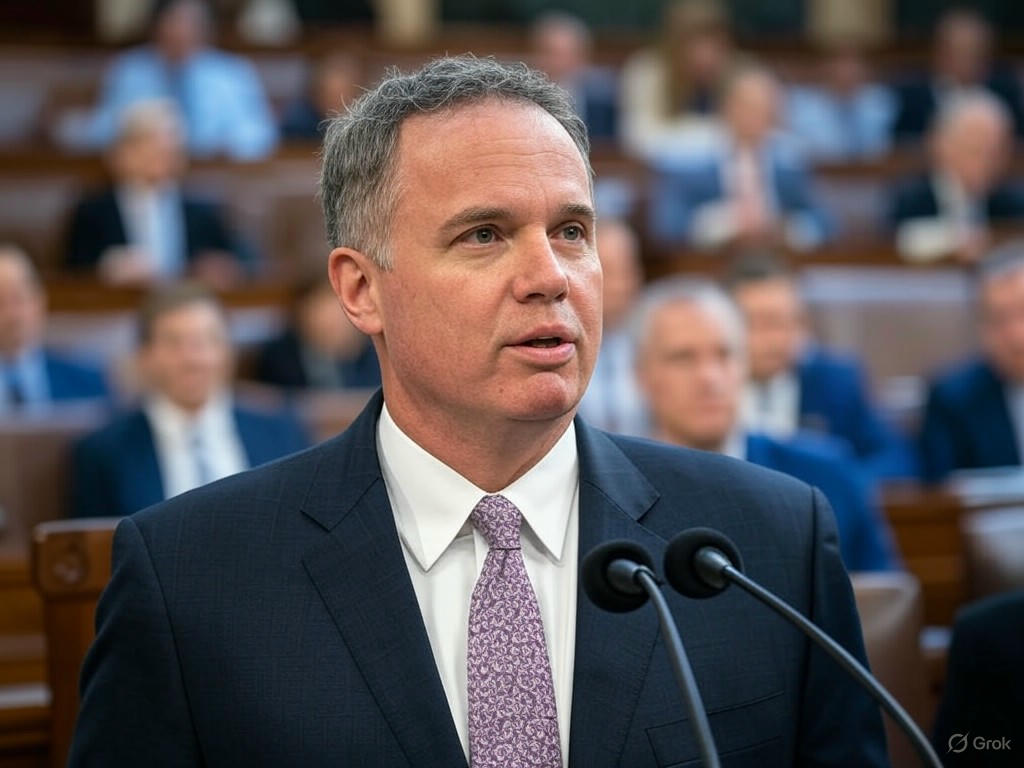US House Blocks WhatsApp on Official Devices Over Security Concerns
In a surprising move, the US House of Representatives has imposed a ban on the use of WhatsApp on government-issued devices, citing significant security risks. This decision, stemming from internal assessments, marks a critical stance against the popular messaging platform owned by Meta, raising questions about privacy and data protection in governmental communications.
The ban was prompted by a memo circulated among House officials, which flagged the app as a potential threat to sensitive information. While WhatsApp has long been praised for its end-to-end encryption, concerns have emerged over vulnerabilities that could be exploited by malicious entities. Lawmakers and cybersecurity experts have pointed to the app’s data-sharing practices with its parent company, Meta, as a point of contention. This relationship has fueled fears that personal and official communications could be exposed to unauthorized access, posing a risk to national security.
This development comes at a time when digital privacy is under intense scrutiny. Government bodies worldwide are reevaluating the tools they use for communication, especially as cyber threats become more sophisticated. The US House’s decision to restrict WhatsApp reflects a broader trend of tightening control over technology platforms that handle critical data. Some officials have even called for alternative messaging solutions that prioritize security and are developed with stricter oversight. This could pave the way for homegrown or government-approved applications to replace mainstream apps in official settings.
The implications of this ban extend beyond the halls of Congress. Businesses and private citizens who rely on WhatsApp for daily communication may start questioning the app’s reliability. With billions of users globally, the platform has been a staple for both personal and professional exchanges. However, the US House’s action might trigger a ripple effect, prompting other organizations and governments to reassess their dependence on similar tools. Meta, on the other hand, faces the challenge of rebuilding trust among institutional users while addressing the concerns raised by such high-profile restrictions.
As the digital landscape evolves, this ban serves as a reminder of the delicate balance between convenience and security. While technology has made communication seamless, it has also opened doors to vulnerabilities that cannot be ignored, especially in environments handling sensitive information. The US House’s decision could be a turning point, encouraging a shift toward more secure, transparent communication tools. It also underscores the growing need for robust cybersecurity policies that protect both individuals and institutions from emerging threats.
In the coming months, all eyes will be on how Meta responds to this setback and whether other branches of the US government or international bodies follow suit. For now, the message is clear: when it comes to safeguarding critical data, no app is above scrutiny, no matter how widely used or trusted it may seem.


